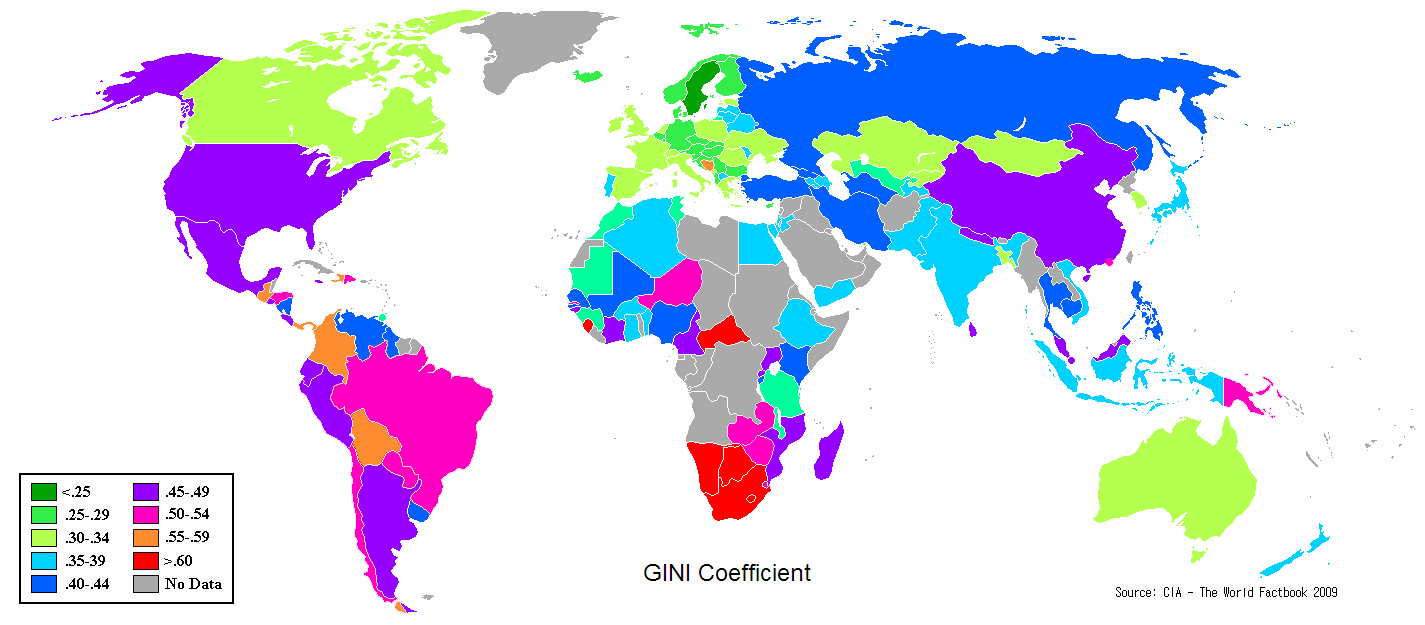Via: The Economist The happiest people appear to be in emerging poor or middle income economies with moderate inequality. The worst case appears to occur when you live in a former great power with stagnant incomes and increasing inequality (Russia, Japan, Europe, the future U.S.).
DESPITE global economic gloom, the world is a happier place than it was before the financial crisis began. That is the counterintuitive conclusion of a poll of 19,000 adults in 24 countries by Ipsos, a research company. Some 77% of respondents now describe themselves as happy, up three points on 2007, the last year before the crisis. Fully 22% (up from 20%) describe themselves as very happy—a more important measure, says Ipsos’s John Wright, since whenever three-quarters of people agree on anything, “you need to pay attention to intensity in the results.” […]
But the Ipsos study shows the highest levels of self-reported happiness not in rich countries, as one would expect, but in poor and middle-income ones, notably Indonesia, India and Mexico. In rich countries, happiness scores range from above-average—28% of Australians and Americans say they are very happy—to far below the mean. The figures for Italy and Spain were 13% and 11% (Greece was not in the sample). Most Europeans are gloomier than the world average. So levels of income are, if anything, inversely related to felicity. Perceived happiness depends on a lot more than material welfare.
Via: Wikipedia the CIA World Report 2009 (the larger the Gigi coefficient, the greater the inequality)


No comments:
Post a Comment